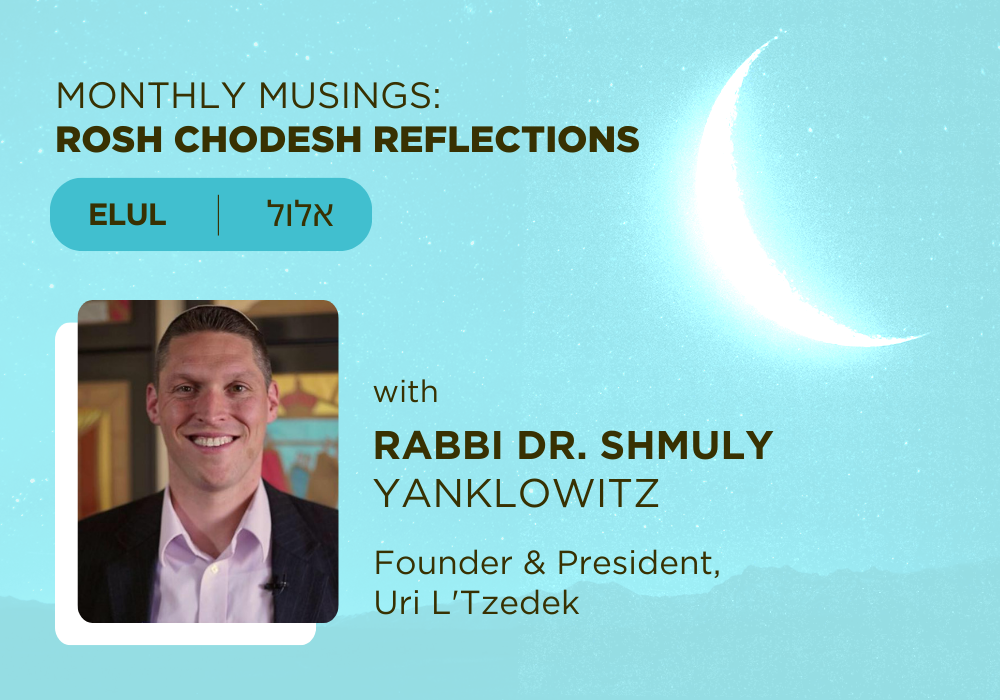Rosh Chodesh Reflections: Fostering Our Shared Humanity

Welcome to Rosh Chodesh Reflections: Monthly Moments of Inspiration, an OLAM blog series!
At the start of each month on the Hebrew calendar, we invite Jewish leaders from around the world to explore the intersection of global responsibility and Jewish values. Join us, and immerse yourself in the rich Jewish tradition of pursuing justice.
This month, Iyar, we hear from Ruth Messinger, Social Justice Consultant and Global Ambassador of OLAM partner American Jewish World Service.

Q: In the midst of the extreme challenges facing Israel and many Jews around the world, how and why should the Jewish community persevere in its commitment to global development and global social justice efforts? What role can this ongoing engagement play in fostering a sense of interconnectedness and shared humanity during these difficult times?
Ruth: The simple answer to this question is that a key tenet of our faith is to be there for the other and the stranger. We are told explicitly that we need to remember the challenges we faced throughout time and, more explicitly, when we were the other and the stranger.
Of course, our concern for Israel, for the return of hostages, and for a path to peace in the Middle East does and should command our attention. But because food security is a challenge even in New York City, and land theft by cartels and corrupt governments is a defining issue in Central and South America, and genocide is brewing in Mynamar, we have to put those issues on our radar also, and consider investing our money and/or our time in one or more of the struggles for global justice.
I am not saying that each individual woman or man can or should do all of these things, but families and communities and congregations can identify all of the worlds that need our investment and put different efforts and emphases in different places over time.
And, as the question suggests, being present on a range of issues builds our connections as a Jewish community to other communities with their own struggles, lets us work together across lines of difference, and creates a solidarity which is itself a form of protection.
Q: You have invested significantly in interfaith relations and in building relationships with large non-sectarian NGOs in the development sphere. What has your experience been in this sphere over the past few months, and what lessons have you learned?
Ruth: The simple response here is to remind myself and ourselves that we do NOT have all received wisdom on any issue. Working collaboratively with others in our own community and forming alliances with others—very different from ourselves—opens up new ways of doing the work, new motivations for doing it, and new ideas about how to reach those in our community who need to be engaged.
Sometimes we at AJWS found these other efforts—both faith based and secular—to be too rooted in a missionary vision or to be too paternalistic and disempowering, not listening well enough to those being helped. Even when that was the case, our presence could change the story, different groups could decide to work with us on the root causes of a problem, helping, for example, to support legal action to establish community ownership of land.
And, again, the one thing I feel sure of is that every place that we worked the people whom we helped came to see Jews as a people invested in social justice, as a people whose experience and whose faith teachings obligated us to work for the other, and I like that that is how we are seen.

.png)


